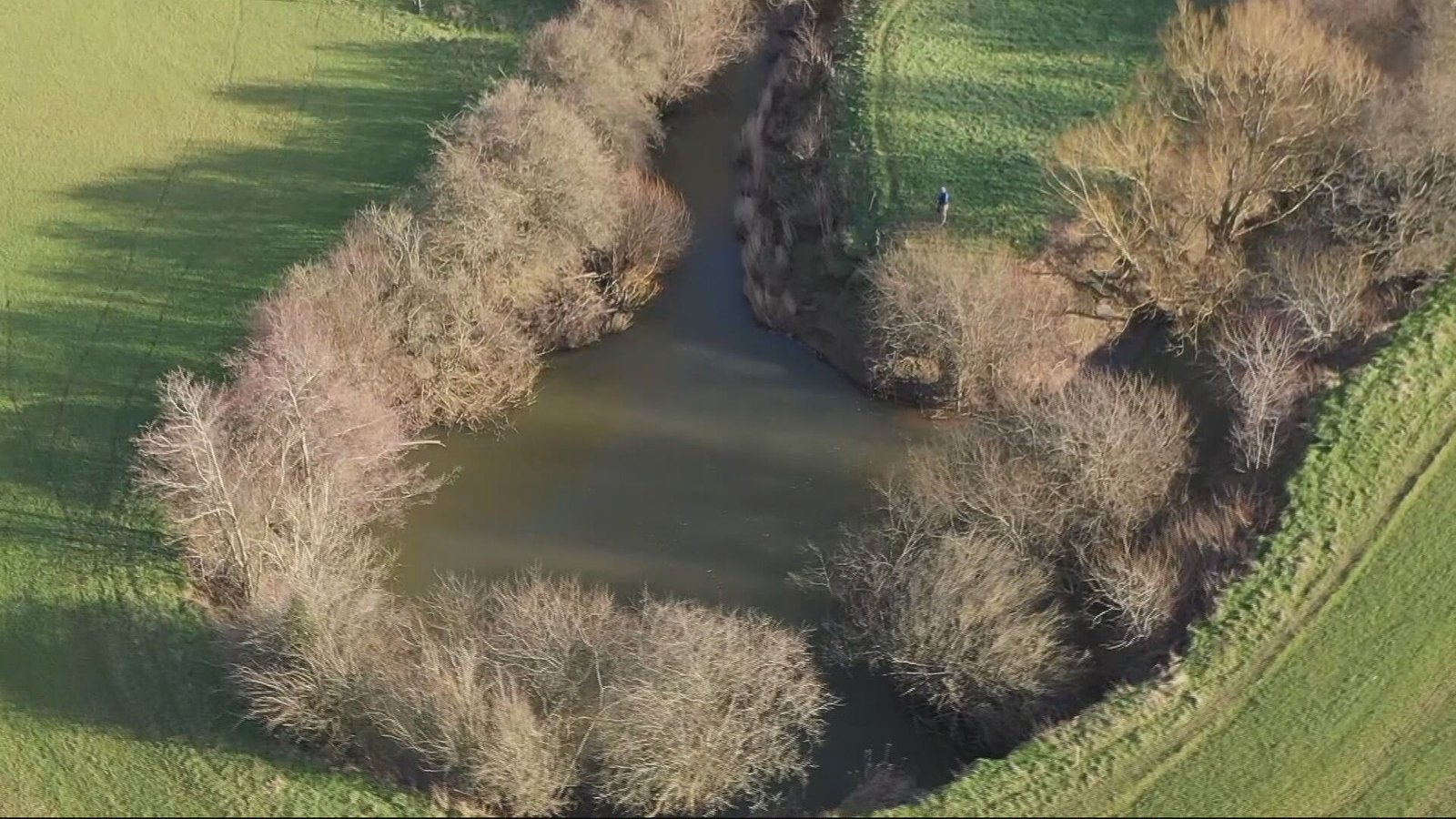In a project led by anglers, shocking revelations have emerged about the dire state of the River Medway, which is now identified as one of the most polluted rivers in the country.
In a groundbreaking project led by anglers, shocking revelations have emerged about the dire state of the River Medway, which is now identified as one of the most polluted rivers in the country. The primary culprits behind the pollution include chemicals associated with sewage, waste from agriculture, and detergents, leading to an alarming increase in phosphates.
The Angling Trust, a prominent organization advocating for sustainable and healthy water environments, has sounded the alarm, urging the government to take immediate and comprehensive action to address the pollution crisis. According to the trust, a staggering 83% of English rivers show evidence of elevated phosphate levels, highlighting the widespread nature of the issue.
Stuart Singleton White, Head of Campaigns at the Angling Trust, emphasized the need for stronger regulations, stating, “Current environment laws to tackle river pollution are blunt tools that come with no guidance as to where phosphate reductions should be made to see the biggest improvements. Much stronger regulations are essential to ensure money is invested where it will make the most positive difference.”
The Angling Trust has proposed a targeted approach to strip phosphate in specific river areas, advocating for a low level of investment that could yield significant improvements. Angler Ian Tucker from the Royal Tunbridge Wells Angling Society shared the dire situation near him, with phosphate levels in stretches of the Medway reaching almost eight times higher than normal.
“The phosphates and sunlight create algae – and the algae just overtakes and takes all the oxygen,” Tucker explained, underscoring the severe consequences of unchecked pollution on aquatic ecosystems.
Southern Water, responding to the concerns raised by the Angling Trust, acknowledged the impact of phosphates and stated that significant investments had been made since 2020 in upgrading treatment processes to remove phosphates. The water company highlighted agricultural run-off as the major source of these chemicals and assured collaboration with farmers to minimize their contribution to water pollution.
A spokesperson from the Department for Environment, Food and Rural Affairs (DEFRA) reassured the public that the government is taking comprehensive action to tackle water pollution in rivers. The proposed measures include increased investment, stronger regulation, and more rigorous enforcement.
“We are also taking swift action against those who break the rules, including increasing funding for Ofwat, giving them new powers, and changing the law,” the DEFRA spokesperson added.
The severity of the situation in the River Medway underscores the broader challenge of water pollution across the country. As the Angling Trust continues to push for targeted interventions and stricter regulations, the government’s commitment to implementing comprehensive solutions becomes increasingly crucial.
In the coming months, it is expected that the government will unveil specific plans and initiatives aimed at not only addressing the immediate crisis in the River Medway but also preventing similar issues from arising in other water bodies. As public awareness grows, the pressure on authorities to prioritize the health of rivers and ecosystems is mounting, making the need for sustainable and effective measures more urgent than ever.
